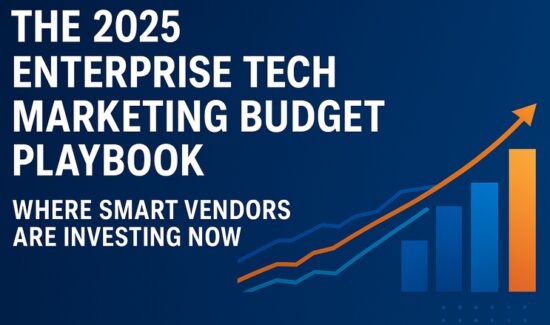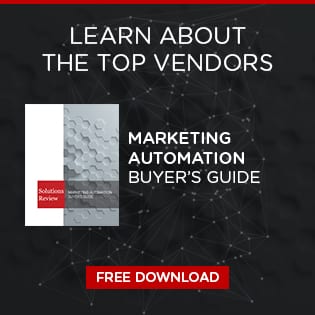CRM vs Marketing Automation: What You Need to Know

It’s pretty common to hear Customer Relationship Management software (CRM) come up in discussions about marketing automation. It’s so common, in fact, that it’s entirely possible that the untrained eye may confuse the terms at some point. Though it is true that the two are similar in some ways, those aren’t what we’re going to talk about today.
We’re here to break down what makes CRM software different from marketing solutions.
For starters, CRM is primarily a sales tool. Even the name Customer Relationship Management calls to mind images of sales teams working directly with customers. Marketers, and by extension automation, mostly deal with 3rd parties when they are still called leads. Once they become customers and/or clients proper, they’re turned over to the sales department. At the most basic level, that’s the main difference: one is sales, and the other is marketing.
But what about core competencies? We’re all pretty familiar with the capabilities of marketing automation software. Lead segmentation/scoring, email automation, data analytics reports, etc. All of these are mainstay features of automation that we’ve discussed. It may come as a surprise, but there is some crossover in the functionalities of the two software genres.
CRM competencies have some overlaps with marketing automation, but largely, the platforms available have much more of a focus on serving a sales department. Those functions include, but are not limited to: lead qualification, lead management, forecasting, and pipeline management, quote generation, order configuration, ongoing account management, renewal/repeat orders, and order confirmation/fulfillment.
More advanced products like Salesforce may have other features like deep customization and extensive add-ons, both paid and free. But one of the most valuable features of CRM is far and away the contact management capabilities, or the ability to centralize and manage all of your customer/lead data in one place.
A strong CRM solution is at its core, a repository for customer information. A CRM stores who the customer is, interaction history, what they do for a living, and everything else your enterprise may know about that person. Marketing Automation, for all that it can do, does not always have storage capabilities on that scale.
As a result of the ubiquity of both CRM and Marketing Automation, it would benefit any organization shopping around to consider compatibility between the two systems. Some solutions work together a lot better than others. For example, you may find more success with ACT! CRM and Marketo than with Marketo and Salesforce. Given, that’s just an example but the point stands. That’s why CRM integration is such an integral selling point for automated solutions and vice versa.
Many CRM providers also deal in Marketing Automation capabilities as a means to capitalize on the importance of integration. By providing both platforms they can ensure that users have a positive experience Oracle, Salesforce, Hubspot, Zoho and more all offer CRM and automation solutions.
The bottom line is that it’s not a matter of CRM vs Marketing Automation. Ideally, you want to have both types of solutions in your organization’s toolbelt since they both serve different purposes for different teams. Using both solutions in tandem is one of the best ways to see maximum returns on your investments. If a marketing solution is what you’re after, we’ve got you covered.




















